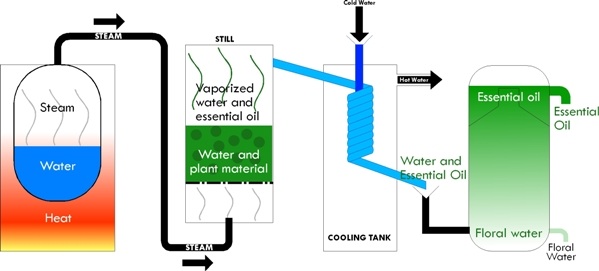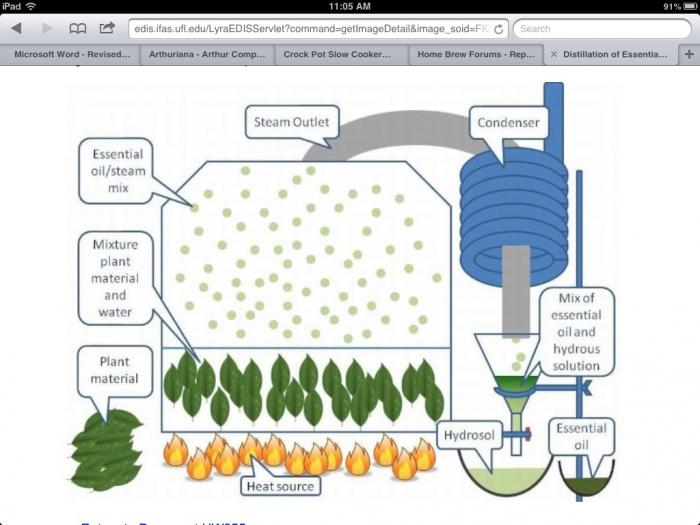Humans have been dis tilling plants for concentrated oils for literally millennia.
I'm thinking of distilling some hops to make IIPAs easier to make. Because:
A) Dry hopping tastes freaking awesome, losing beer to the hop mess sucks.
B) I can keep oil much easier than lots of hops hanging around. Freezer space!
C) no hop bags.
D) it sounds cool
I have never done it before but I have distilled, um, water and vinegar before.
Would it work the same?
I've also thought about using ethanol to extract the hop oils and just add that to the carboy, but I don't know how much oil can dissolve in the alcohol and dont want to make it too boozy.
I'm thinking of distilling some hops to make IIPAs easier to make. Because:
A) Dry hopping tastes freaking awesome, losing beer to the hop mess sucks.
B) I can keep oil much easier than lots of hops hanging around. Freezer space!
C) no hop bags.
D) it sounds cool
I have never done it before but I have distilled, um, water and vinegar before.
Would it work the same?
I've also thought about using ethanol to extract the hop oils and just add that to the carboy, but I don't know how much oil can dissolve in the alcohol and dont want to make it too boozy.











![Craft A Brew - Safale S-04 Dry Yeast - Fermentis - English Ale Dry Yeast - For English and American Ales and Hard Apple Ciders - Ingredients for Home Brewing - Beer Making Supplies - [1 Pack]](https://m.media-amazon.com/images/I/41fVGNh6JfL._SL500_.jpg)















































